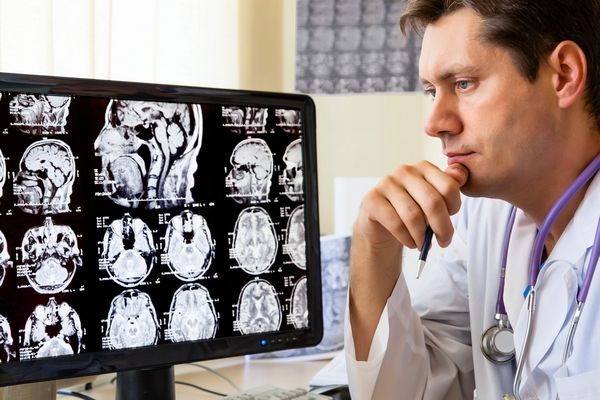Cognitive Remediation and Reeducation

Cognitive remediation and rehabilitation is a teaching process that targets areas of neuropsychological functioning involved in learning and basic day-to-day functioning. The process uses techniques designed to improve the functioning of individuals whose physical trauma or disease have caused cognitive impairments affecting attention, memory, language, visual & spatial skills or reasoning skills.
The goals of cognitive remediation are to bolster specific cognitive capacities that are weak and also to teach compensatory strategies. Cognitive remediation is used primarily with three groups of people:
- those who have suffered from a traumatic brain injury (a stroke, tumor, or a head injury),
- those whose cognition is impaired due to a generalized condition like depression, schizophrenia, chemo fog, etc.
- those who have learning disabilities.
For people with brain injury, cognitive remediation typically targets the following neuropsychological functions: attention and concentration; memory; planning; monitoring one's work or behavior; and making adjustments based on feedback. Remediation is also used to help children and adults cope with learning disabilities.
Learning disabilities can interfere with progress in reading, in understanding and communicating through spoken language, in writing, in arithmetic, in understanding such nonverbal information as telling time or understanding visual information, and in comprehensing social interactions and cues.
Difficulties with concentration, problem-solving, organization, identifying errors, and using feedback effectively are also areas that can be treated with cognitive remediation.
HAPPYneuron Pro offers multiple scientifically-validated programs to provide efficient cognitive remediation tools.
